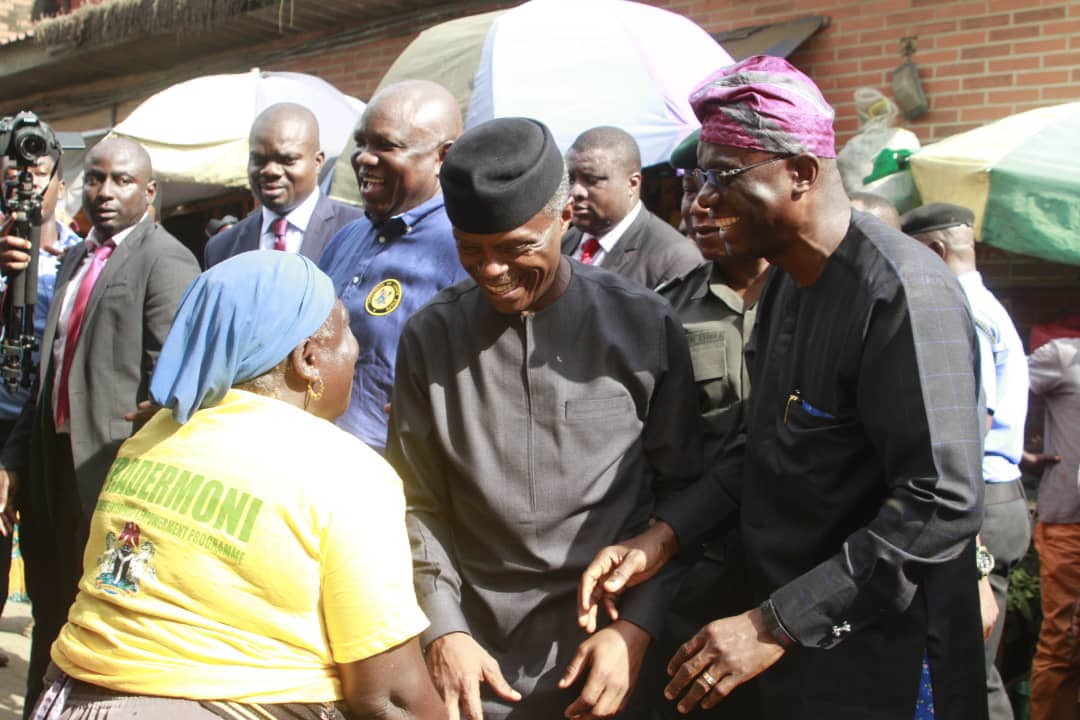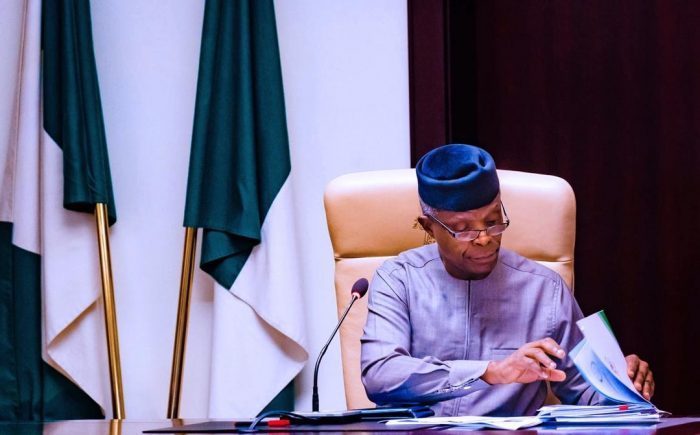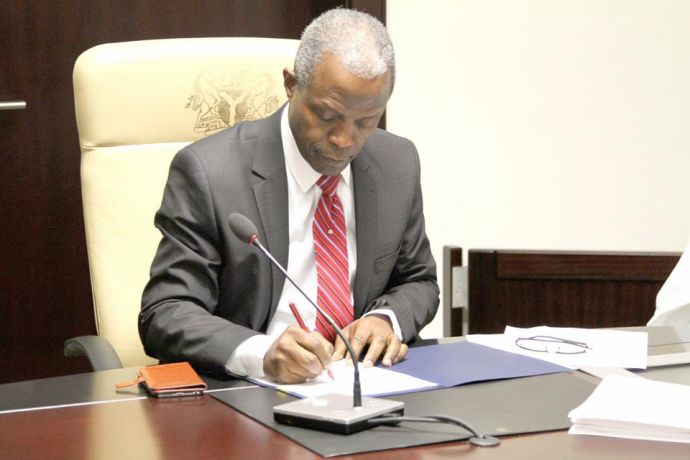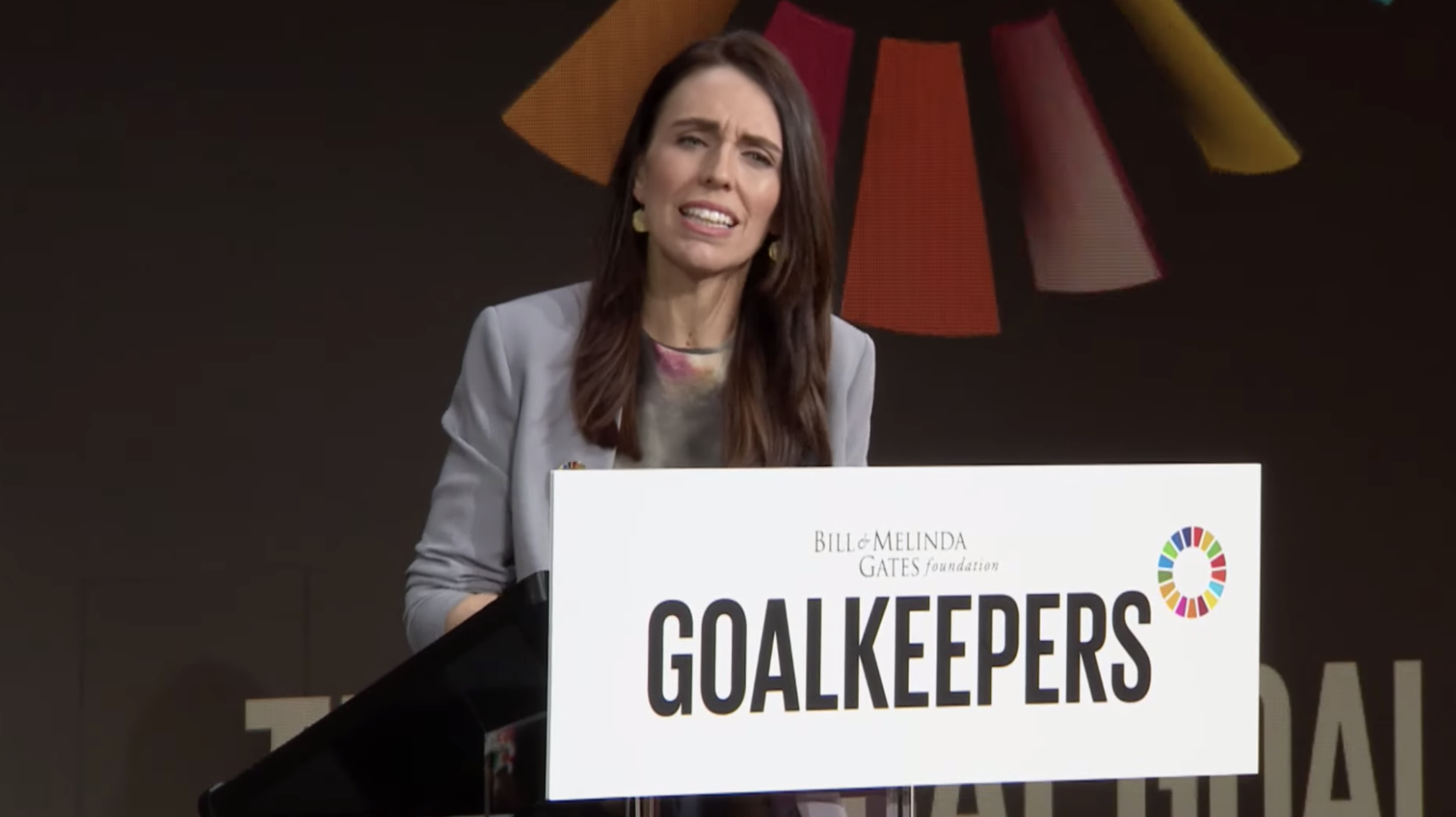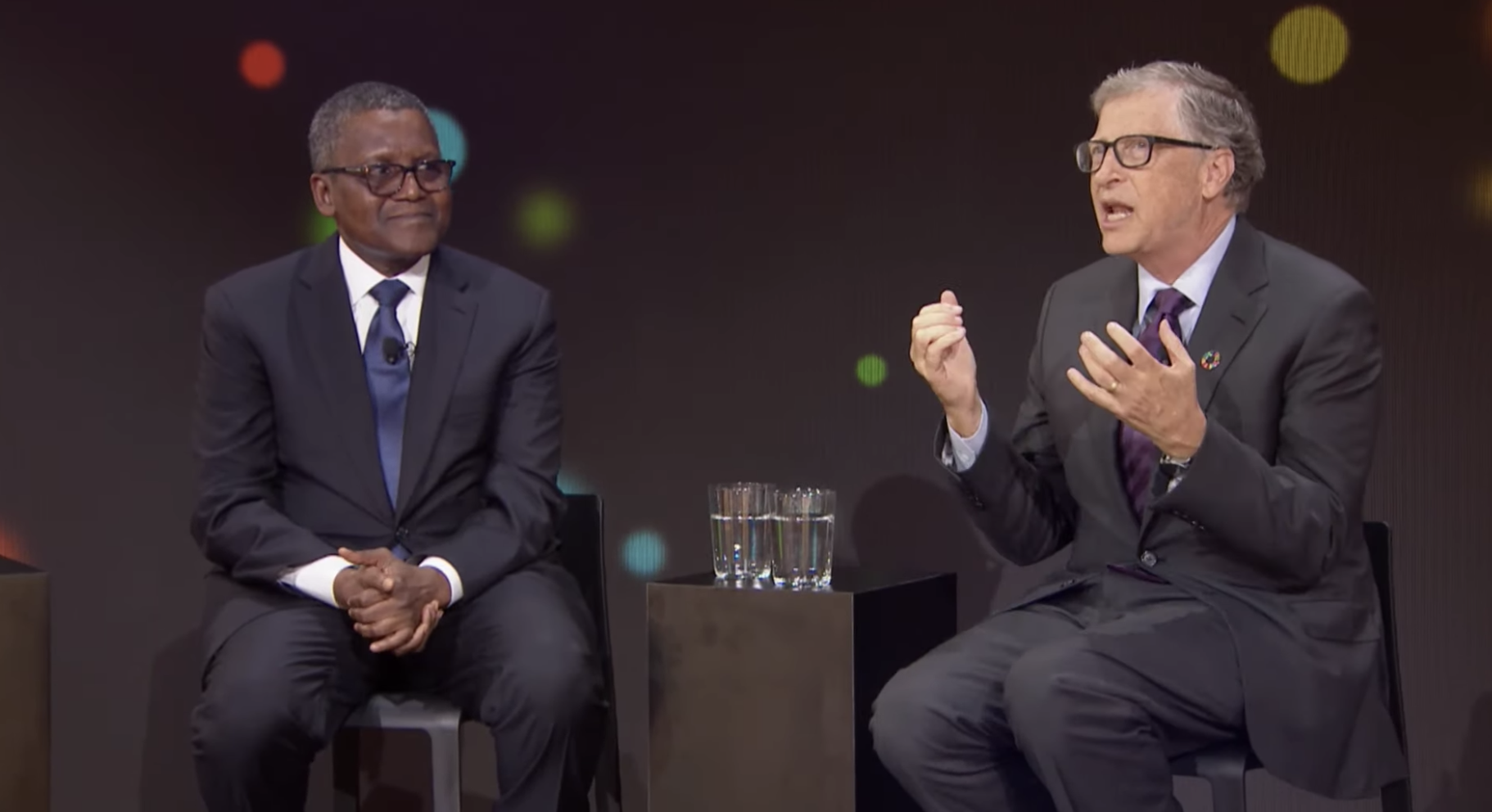The national social investment office (NSIO) says Vice-President Yemi Osinbajo is not involved in the financial dealings of the federal government’s social investment programmes.
In a statement shared with TheCable on Wednesday, Justice Bibiye, NSIO communications manager, said Osinbajo’s office only regulates and supervises the programmes.
“It can be categorically said that His Excellency, VP Yemi Osinbajo has never been involved in any of such financial transactions,” Bibiye said.
According to the spokesman, the national social investment programmes (N-SIPs) is domiciled in the ministry of budget and national planning which serves as its secretariat.
Advertisement
“The decision was taken very early in the implementation of the N-SIPs when President Muhammadu Buhari asked Vice-President Yemi Osinbajo, SAN, to oversee the schemes,” he said.
“The vice-president then instructed that, while the coordination of the scheme would be led by the presidency through the national social investment office (NSIO) under the office of the vice-president (OVP), all matters regarding financing, budgeting, procurement and disbursement should be done by the ministry of budget and national planning.
“Consequently, that ministry commenced the management of the financial components of the N-SIPs.
Advertisement
“The ministry also serves as the secretariat of the steering committee that supervises the programme coordination, also responsible for presenting memos about the schemes each time that was required at the federal executive council.”
‘HOW N-SIP FUNDS ARE DISBURSED’
The statement said the current administration’s social investment programmes is the largest of its kind in Nigeria’s history and includes four broad programmes, “each uniquely targeting different subgroups of Nigerians for empowerment”.
It explained: “For the other NSIO programmes, such as the N-Power and the National Home-Grown School Feeding, payments are made directly into the accounts of the youth and the cooks, through accounts held by them, having initially been verified by the NIBSS as a pre-requisite of enrollment into the programmes.
Advertisement
“For the Government Enterprise and Empowerment Programme (GEEP) schemes such as Market Moni and FarmerMoni, the loans are paid to the beneficiaries who must belong to a registered cooperative or association and have opened bank accounts linked to a BVN. Consequently, the loans are easily paid directly to their accounts, once they meet the criteria.
“For TraderMoni of N10,000 loans to petty traders, the enumeration is done in the open markets and wherever the traders ply their trade. While BVN is not required for the first level of N10,000 loans, the criteria include having a phone, a verifiable place of trade (e.g. kiosk, table-top, spot) and the interest to apply for the loan. The registered traders are then processed for the N10,000 loan disbursement.”
Add a comment

